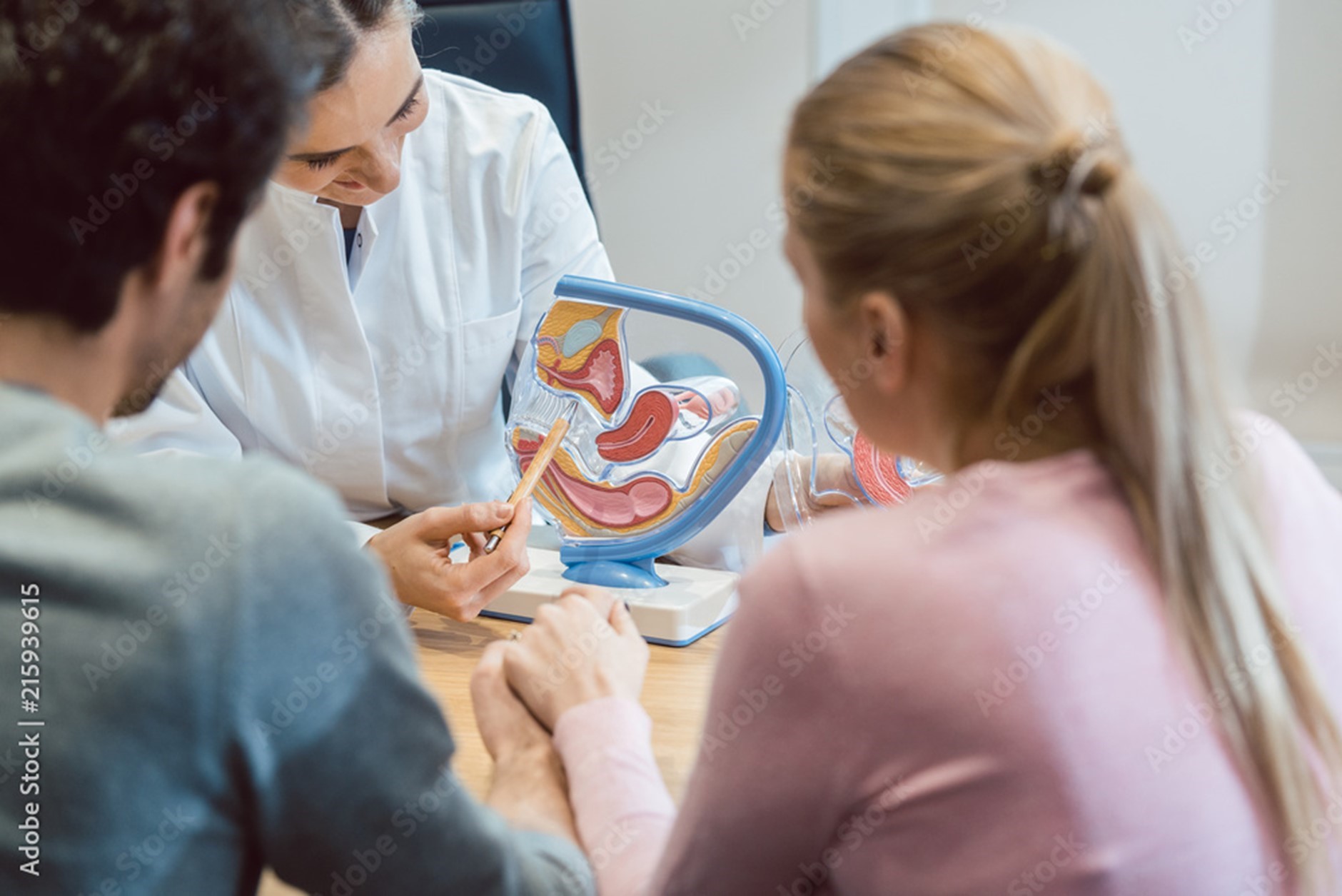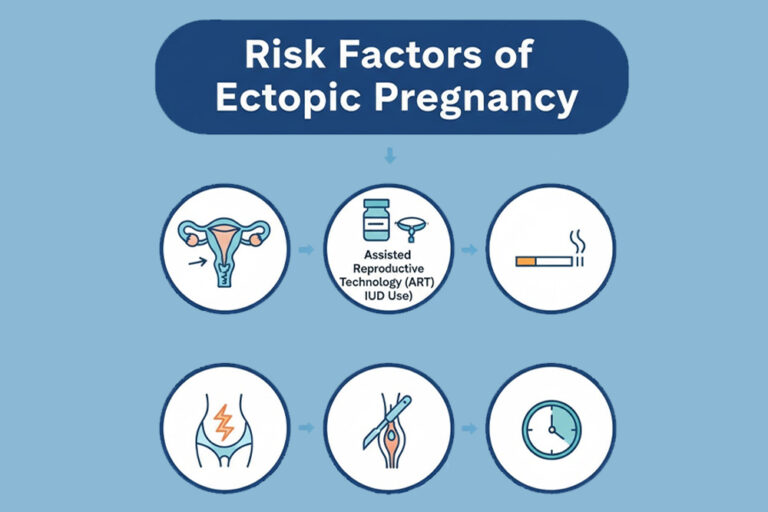What is hyperprolactinemia?
A condition where the hormone prolactin is increased in the bloodstream. While prolactin is very important for milk production during pregnancy and breastfeeding, high levels in non-pregnant individuals can cause various health problems, including infertility. Hyperprolactinemia can affect both men and women, but the connection between this condition and infertility is more commonly seen in women.
How Does Hyperprolactinemia Affect Fertility?
Prolactin plays a significant role in reproductive health. In women, high levels of prolactin can affect regular production of hormones such as estrogen and progesterone. This imbalance can lead to irregular menstrual cycles or even stop ovulation entirely, making it difficult to conceive. Many women with hyperprolactinemia experience missed periods (amenorrhea) or have very light menstrual bleeding.
In men, elevated prolactin can lower testosterone levels, reducing sperm production and libido. This can contribute to erectile dysfunction and infertility. Although less common, men with hyperprolactinemia may also experience breast enlargement (gynecomastia) and milk production.
Can hyperprolactinemia affect men’s fertility?
Women with hyperprolactinemia might notice symptoms such as:
- Irregular or absent periods
- Difficulty getting pregnant
- Milk discharge from the breasts without being pregnant or breastfeeding
Men may experience:
- Decreased sex drive
- Erectile dysfunction
- Lower sperm count
If you are struggling with infertility and notice any of these symptoms, it’s essential to speak with your doctor to check your prolactin levels.
How is hyperprolactinemia diagnosed and treated?
If hyperprolactinemia is suspected, a simple blood test can measure prolactin levels. If levels are high, doctors may perform additional tests, like an MRI, to rule out a prolactinoma (a benign pituitary tumor that can cause elevated prolactin).
Can fertility be restored after treating hyperprolactinemia?
The good news is that hyperprolactinemia can be treated. Dopamine agonists like bromocriptine or cabergoline are effective medications that reduce prolactin levels and can restore fertility in most cases. If medication is causing the issue, adjusting your prescription under medical supervision might help.










